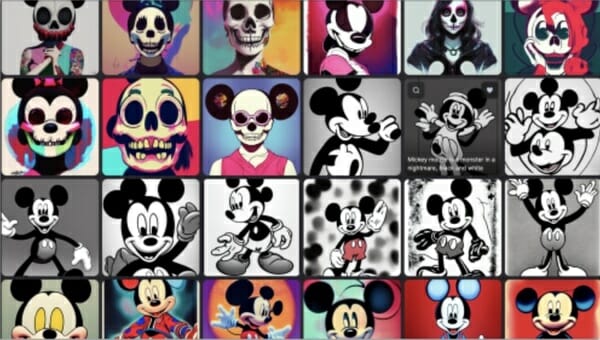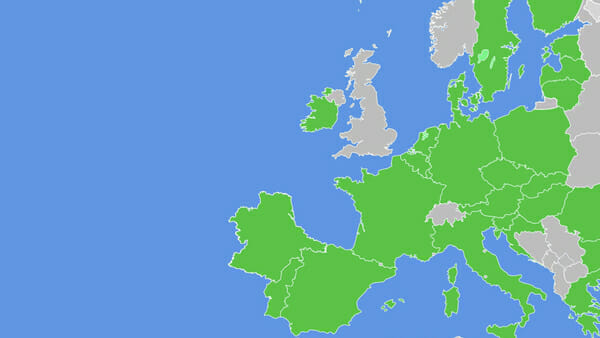
On the 15th of October our book “Real Fake – Playing with Reality in the Age of AI, Deepfakes and the Metaverse” has been released. It is our take on synthetic media, deepfakes, fake news, conspiracy theories, memes, internet culture, Generation Z and Alpha, crypto, narrative economics, virtual humans, CGI influencers, vTubers, NFTs, DAOs, VR, Web3, the Creator Economy and the Metaverse. Real Fake is about how humans continuously manipulate reality and how new digital technology tools enable us to go one step further in this ancient game.
The Age of Social Media Is Ending

“It’s over. Facebook is in decline, Twitter in chaos. Mark Zuckerberg’s empire has lost hundreds of billions of dollars in value and laid off 11,000 people, with its ad business in peril and its metaverse fantasy in irons. Elon Musk’s takeover of Twitter has caused advertisers to pull spending and power users to shun the platform (or at least to tweet a lot about doing so). It’s never felt more plausible that the age of social media might end—and soon. […] Social media was never a natural way to work, play, and socialize, though it did become second nature. The practice evolved via a weird mutation, one so subtle that it was difficult to spot happening in the moment.”
Algospeak Is Taking Over Social Media
“Americans are increasingly using code words known as “algospeak” to evade detection by content moderation technology, especially when posting about things that are controversial or may break platform rules.”
For example, “camping” is not about an outdoor activity involving overnight stays away from home, but the term recently became for something entirely different: discussing abortion-related issues in the wake of the Supreme Court’s overturning of Roe v. Wade.
AI Is Plunging Us Into A Bizarro Pop Culture Multiverse

“Stable Diffusion is birthing a multiverse of alternate realities, all distilled from the very personal visions of tens (hundreds?) of thousands of fans who probably jumped at the possibility of realizing their most intimate dreams with text-to-image technology. At last, a place to materialize their inner desires, the eternal fictions that populate the brains of everyone who ever had a favorite thing! […] If we can use these technologies to cast a new vision of our cultural icons based on our wishes and realities, what will happen to us and our culture?”
The Case Against the Twitter Apology
“Twitter is blowing its top, some very angry people very loudly demanding apologies while other very angry people demand the denunciation of the people who are demanding apologies. Dangerously, but predictably, the split seems to have become partisan, as if to apologize were progressive, to forget conservative. The fracture widens and hardens—fanatic, schismatic, idiotic. But another way of thinking about what a culture of forced, performed remorse has wrought is not, or not only, that it has elevated wrath and loathing but that it has demeaned sorrow, grief, and consolation. No apology can cover that crime, nor mend that loss.”
Listenbourg

ROFLOL. And a bit related, see these movies of an actor who went viral for parodying a stereotypican French man in LA. Hilarious. It’s playing with reality.
AI and I: The Age of Artificial Creativity

“A new generation of AI tools is taking the world by storm. These tools can help you write better, code faster, and generate unique imagery at scale. People are using AI tools to produce entire blog posts, create content for their company’s social media channels, and craft enticing sales emails. The advent of such powerful AI tools begs the question: what does it mean to be a creator or knowledge worker in the age of artificial creativity?”
The Exponential Adoption Rate of Generative AI

“Technological diffusion does not occur overnight, but the pace of adoption of this tech as it approaches a tipping point of quality, cost and speed will be unlike anything folk have seen, especially as it is so adaptable and generalised as a different form of building block.”
MUST WATCH: TikTok In China Versus The United States
“It’s almost like Chinese company Bytedance recognize that technology’s influencing kids’ development, and they make their domestic version a spinach TikTok, while they ship the opium version to the rest of the world”
Twice Upon A Time: Our World By 2030
Contact
Real Fake is a weekly newsletter in which SogetiLabs’s Research Institute VINT examines the future where synthetic reality becomes part or our objective reality. We investigate the impact of new technology on people, organisations and our society. If you have any questions or comments, do not hesitate to contact us. You can reach us at vint@sogeti.com.

 English | EN
English | EN 